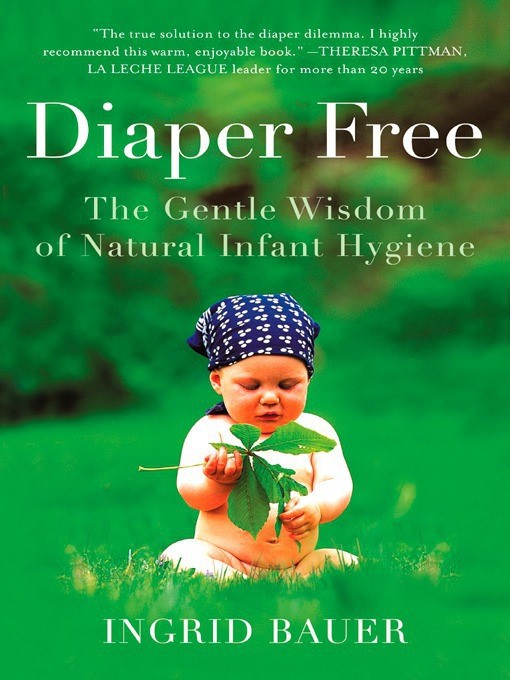
Billions of people believe they are born with a certain amount of intelligence and there is nothing they can do to improve it. A person’s intelligence is often taken into consideration when they apply for jobs or admission to universities. There are numerous companies which are in the business of raising people’s score on an IQ, SAT, ACT, or some other test. Parents often pay more than $400 per hour for a tutor to help their child achieve a higher grade on one of these tests so they may be accepted by the university of their choice.
Where does intelligence come from?
Our genes play a minor role in our intelligence. Most of our intelligence comes from our environment, what we are exposed to, especially in our childhood.
The BBC in England refused to air Sesame Street when it was offered to them; the show's educational methods conflicted with the UK's long history of quality educational television programmes for young children. In England, Sesame Street would have to be broadcast on an independent station. Sesame Street teaches children very little of value and impedes their ability to properly learn what they need to know in order to succeed in the school system and in real life.

Children, while watching Sesame Street or cartoons, become very confused. At their age, they believe everything they see is real. They don’t see a difference between a cartoon character and a living person. As they grow older, many become confused and afraid of the real world. They want to remain in a world of fantasy, and, because they know little about how life works, they tend to be gullible, easily scammed, and incapable of handling real-life problems. Not able to think rationally, they easily fall victim to fads, cults, and other scams, often following a rockstar or famous person as a groupie.
Many parents believe that if the child is sitting quietly in front of a television everything is fine. There are other parents who engage with their children by reading quietly to them, building things from blocks, doing puzzles, teaching them how to use pencils, crayons, and scissors. These children will also learn colours, numbers, and letters of the alphabet. They will be taken for walks in nature and exposed to quiet music such as Mozart, Bach or Vivaldi. There will be excursions to art galleries, zoos and museums. These children are taught to use all their senses: taste, touch, smell, hearing, and seeing.
It amazes me how many people have been brainwashed into thinking their pet poodle is smarter than their child. Dog owners easily house train their puppy in six weeks, or less, but take years to toilet train their child. Children in North America, on average, are potty trained by the age of four years.
In 1940 potty training was accomplished by a year-and-a-half. Globally, the average age children are potty trained is one-year. Why the difference? In their books, The Diaper-free Baby, by Christine Gross-Loh, and, Diaper Free, by Ingrid Bauer, these authors reveal how easy it can be for a baby to be potty trained from the day they are born. Bauer states, “People are surprised to learn that my son stopped wearing diapers consistently when he was four months old, and that my daughter almost never wore diapers from birth.” She continues, “I discovered that babies are, from birth, aware of their elimination needs. Amazingly, they can and do signal these needs, and will respond to signals from caregivers as well.”

Primitive societies have always communicated with their babies and had no need for diapers, even though naked babies were carried in a pouch against the mother’s bare skin. Babies do not like having pee or poop on them. Typically, a newborn will begin to pee and stop while it starts to cry. When the parent undoes the diaper, the baby will resume peeing. At this time, if the parent holds the baby over a potty, it will pee in the pot. Babies are easily taught that the pot is where one pees and poops, just as easily as a puppy is taught to do their business on a newspaper, and then out of doors. By six months of age babies should be crawling to the pot and motioning for someone to help them on to it.
Forty years ago, McDonalds was the biggest contributor to garbage landfills. Today, diapers have far surpassed McDonalds to become the biggest contributor ever, with billions of disposable diapers going into the garbage yearly. Having no diapers is good for babies, and good for our environment.
Wayne Douglas Weedon is a Manitoba author. Some of his works may be downloaded, free of charge in various formats, at https://archive.org. Any of this author's articles published in Lifestyles 55+ magazine, may be freely copied and circulated in any format, if the source and author are acknowledged.
@ 2023 Pegasus Publications Inc.


